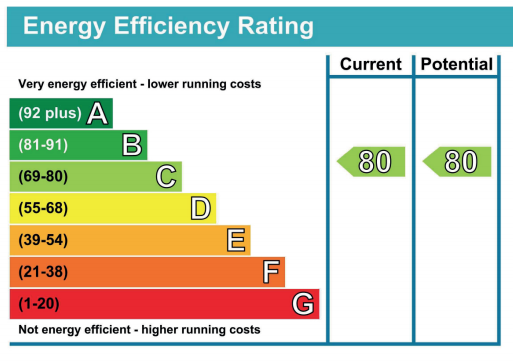
Much like the multi-coloured sticker on new appliances, EPCs tell you how energy efficient a building is and give it a rating from A (very efficient) to G (inefficient). EPCs let the person who will use the building know how costly it will be to heat and light, and what its carbon dioxide emissions are likely to be.
The EPC will also state what the energy-efficiency rating could be if improvements are made, and highlights cost-effective ways to achieve a better rating. Even if you rent your home, some improvements noted on the EPC may be worth implementing, such as switching to more energy-efficient light bulbs.
EPCs are valid for 10 years from when issued, and if your property has a certificate which is 10 years old (or will be 10 years old at the time of a letting/sale) you will need to arrange a new certificate.
ECO particularly aims to help vulnerable homes and property holders. It uses a whole house approach to lower fuel poverty via improved heating systems and insulation measures funded through the energy companies.It also encourages the installation of first time Central Heating and district heating connections.
Your property’s EPC needs to be available to apply for ECO 4 Govt. funding or to potential buyers as soon as you start to market your property for sale or rent. You must get an approved Domestic Energy Assessor to produce the EPC.
If you implement any of the energy efficiency recommendations outlined in your EPC, you may wish to get a fresh EPC done to include these improvements.
One of our accredited assessors will visit your property at the agreed time and perform a thorough visual inspection. After noting down all the relevant details and measurements, the assessor will calculate an EPC rating. In order to calculate an accurate rating and prepare a full report, the assessor will need to be able to access every part of the property.
If you are a landlord and your tenant claims benefits or is on a low income you may encourage them to apply.
If you’re not on benefits or a low income but your home is still energy inefficient, you might be eligible for the scheme through flexible eligibility (LAFlex) program that some councils participate in.

